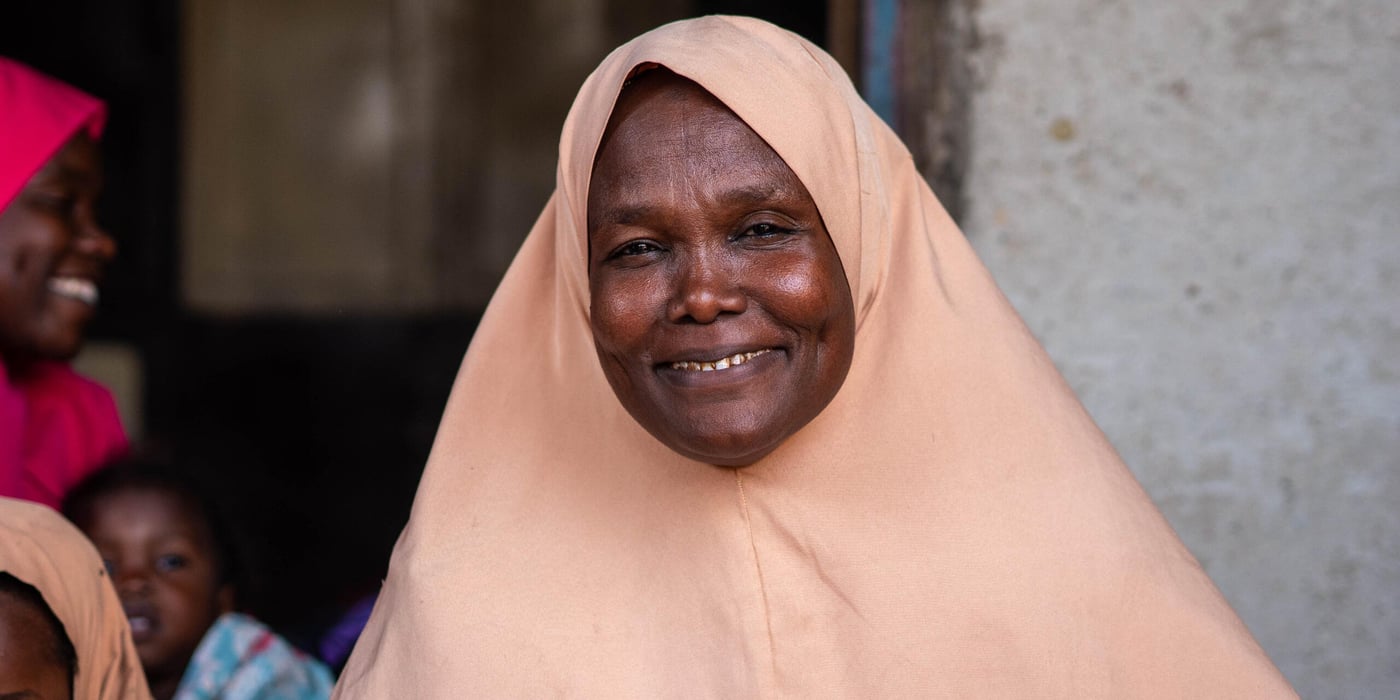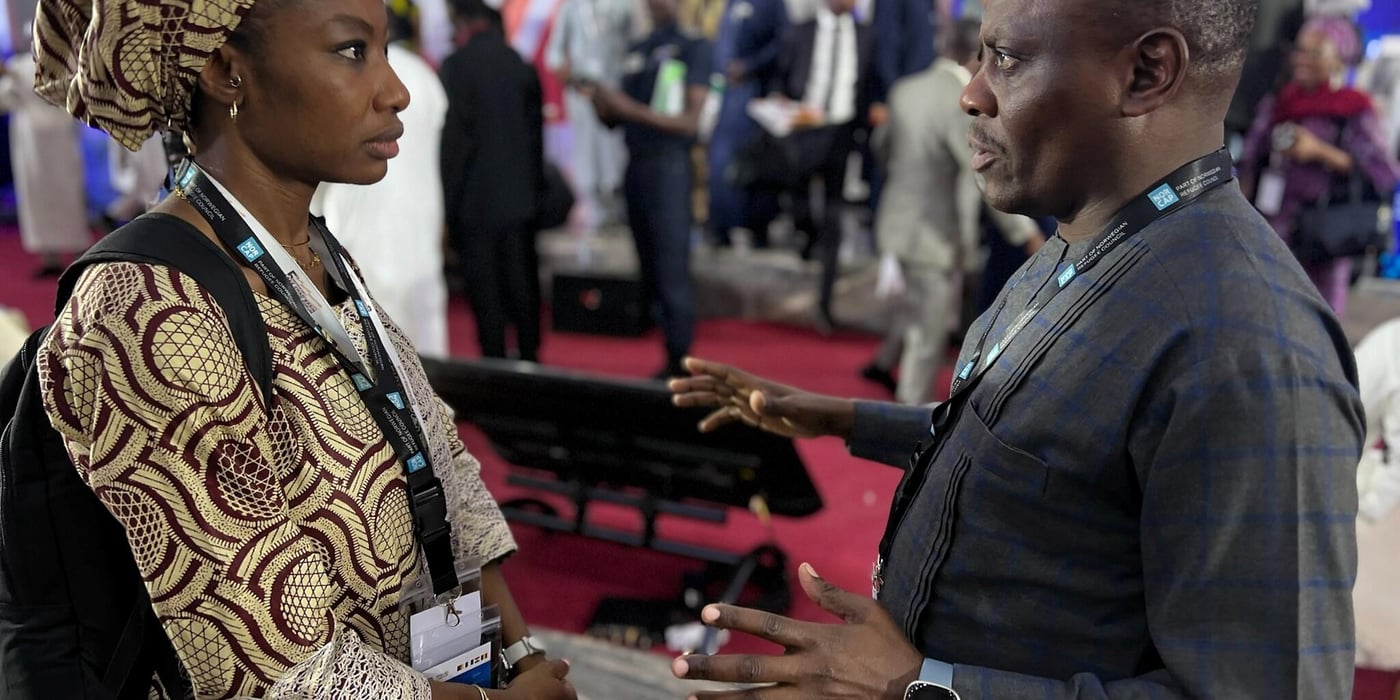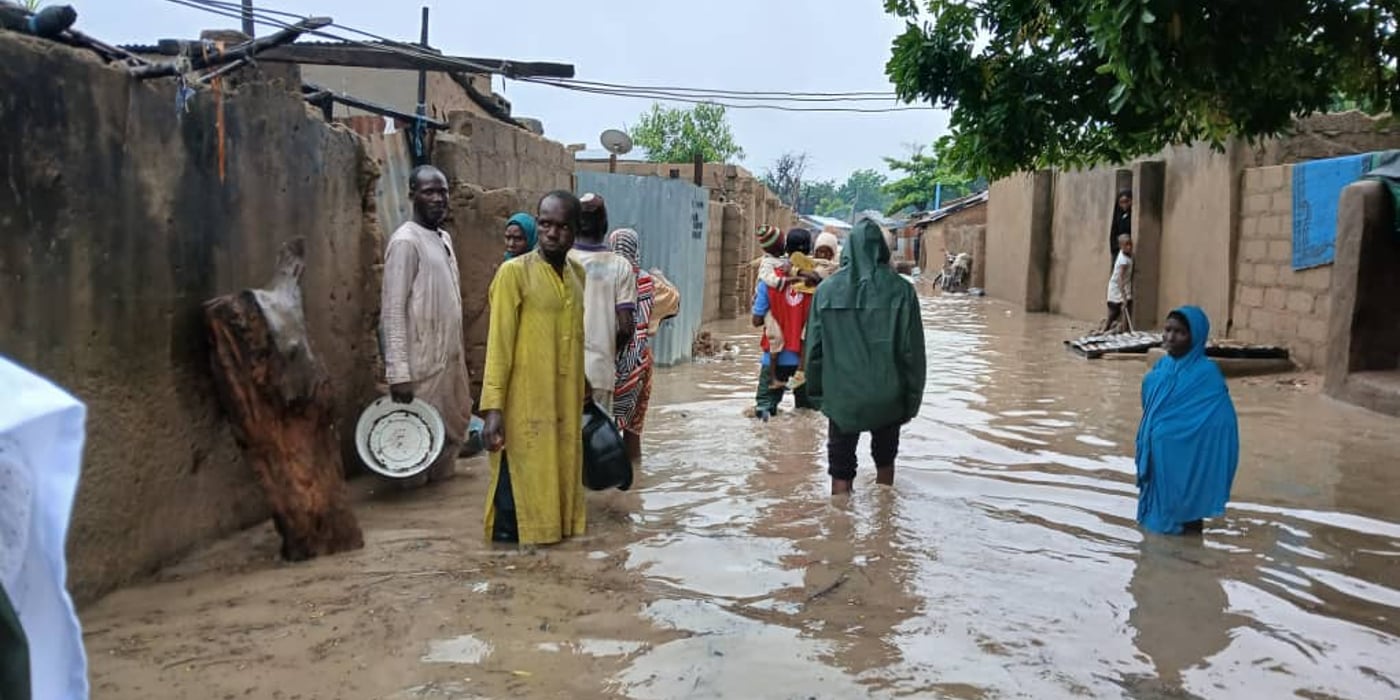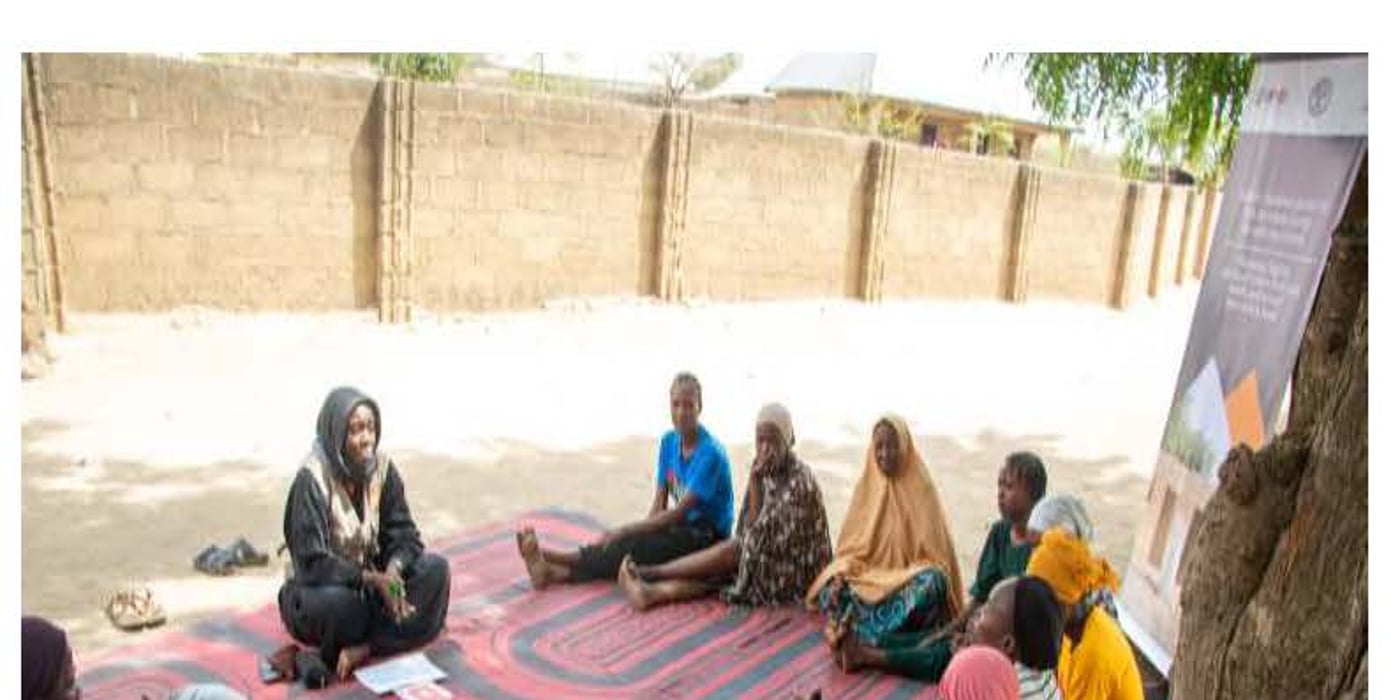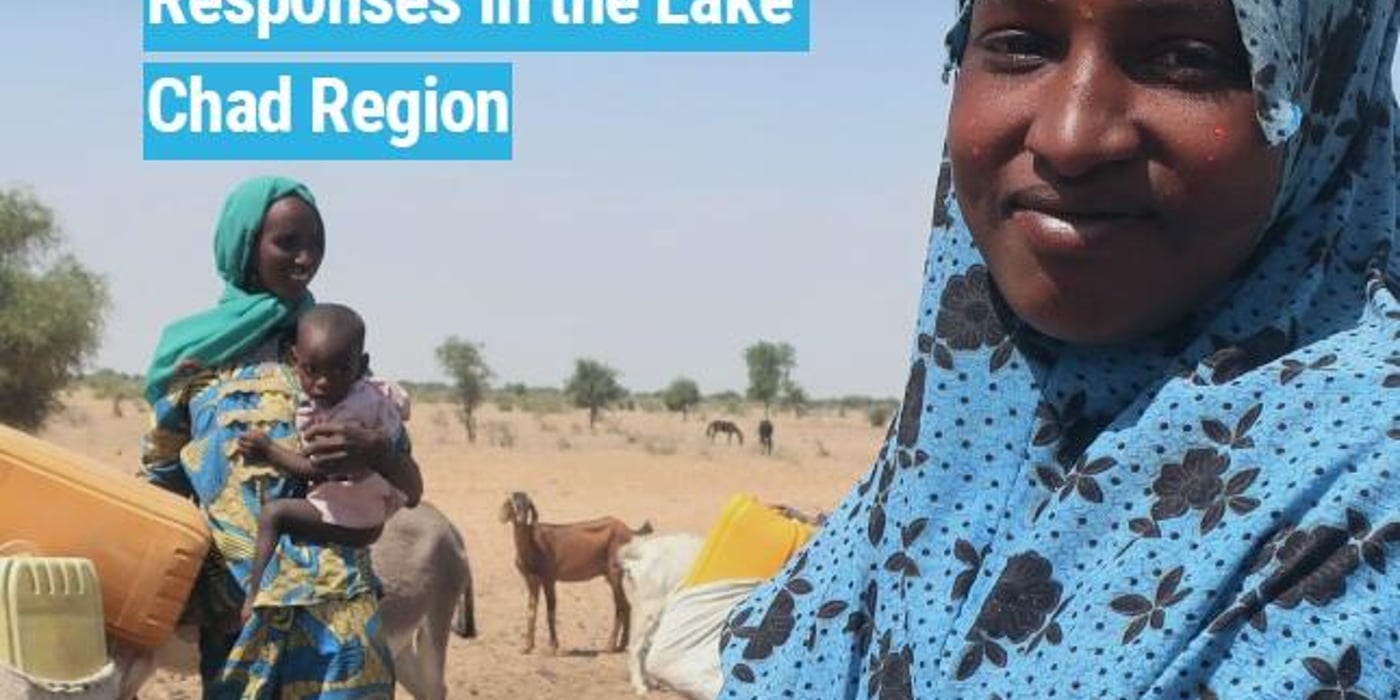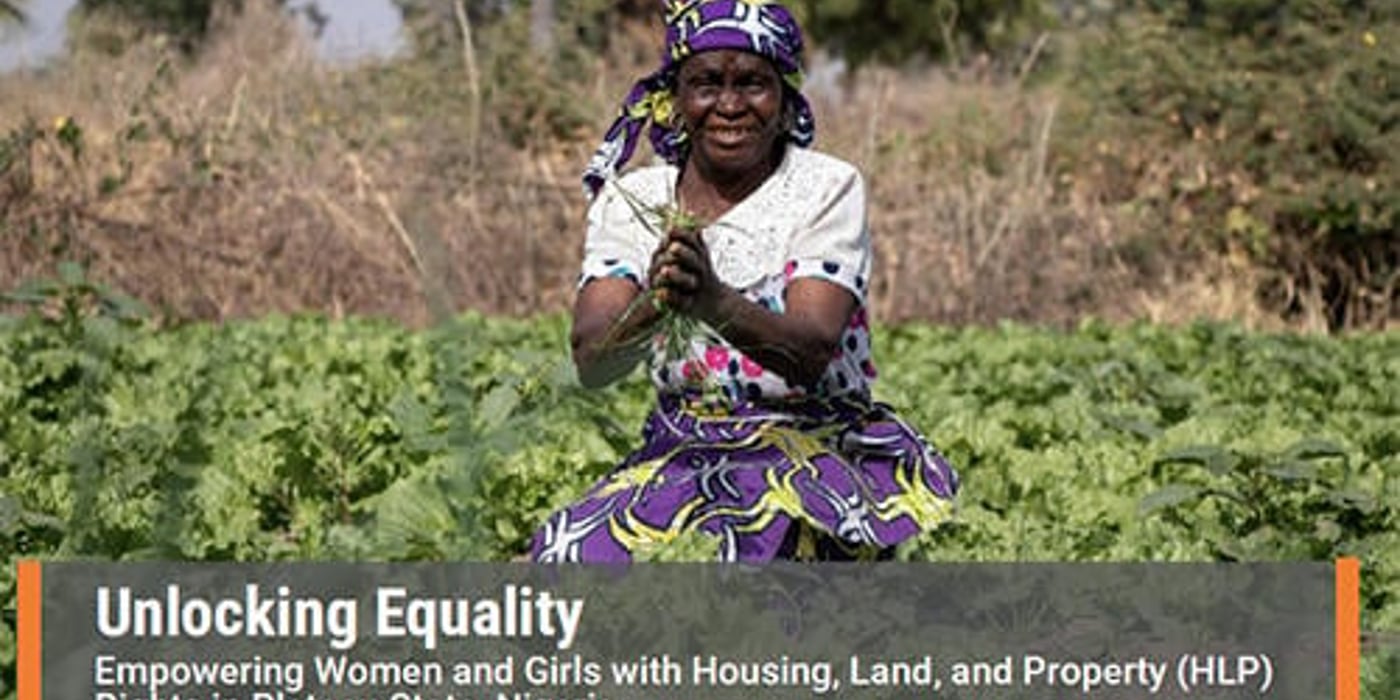The Norwegian Refugee Council (NRC) is working in displacement camps and host communities across the country to ensure families have the essentials they need to survive, as well as protection, education and legal assistance.
What’s happening in Nigeria?
Nigeria is the most populous country in Africa and has suffered decades of political instability, economic inequality and brutal violence. The north-eastern states of Borno, Adamawa and Yobe are particularly troubled, but the crisis has now spread to central and north-western regions too – forcing millions of people to seek refuge wherever they can.
Plateau state, located in Nigeria’s Middle Belt region, has a prolonged history of ethnic and religious conflicts. Tensions between various communities, particularly over land and resources, have led to violent clashes and the displacement of thousands of people. The state has seen brutal killings, attacks on villages and destruction of property, leaving many families without shelter or basic necessities.
Many of these families end up in overcrowded camps, or in makeshift shelters in host communities, where conditions are basic, sanitation is poor and food is in short supply. There’s also little protection for women and girls, who are at higher risk of gender-based violence.
Yet despite these dangers – and repeated threats of camp closures – millions of people are still reluctant to return home for fear of ongoing violence.
Our response
We’re working with our partners in the following areas:
- Water, sanitation and hygiene – providing handwashing stations and proper sanitation facilities, promoting good hygiene, and delivering hygiene kits to families in camps.
- Shelter and settlements – distributing emergency shelter kits, constructing more permanent homes, and training people in carpentry and building maintenance.
- Livelihoods and food security – providing cash assistance and start-up grants, as well as seeds, tools and small livestock.
- Education – distributing teaching materials, providing catch-up classes and life skills training, and building temporary learning centres in camps.
- Protection from violence – managing safety issues in camps and host communities, and responding to emergencies like flooding and fires.
- Information, counselling and legal assistance – helping people obtain vital legal documentation and claim their housing, land and property rights.
Our operations
NRC office established: 2015
Areas of operation: Maiduguri (Country office), Maiduguri, Jere, Monguno, Dikwa, Yola, Askira/Uba, Biu, Damasak, Mubi, Gwoza, Pulka, Shendam, Wase, Bassa, Riyom, Mangu, Bokkos
Country Director: Thomas Hill
Contact: ng.nrcnigeria@nrc.no
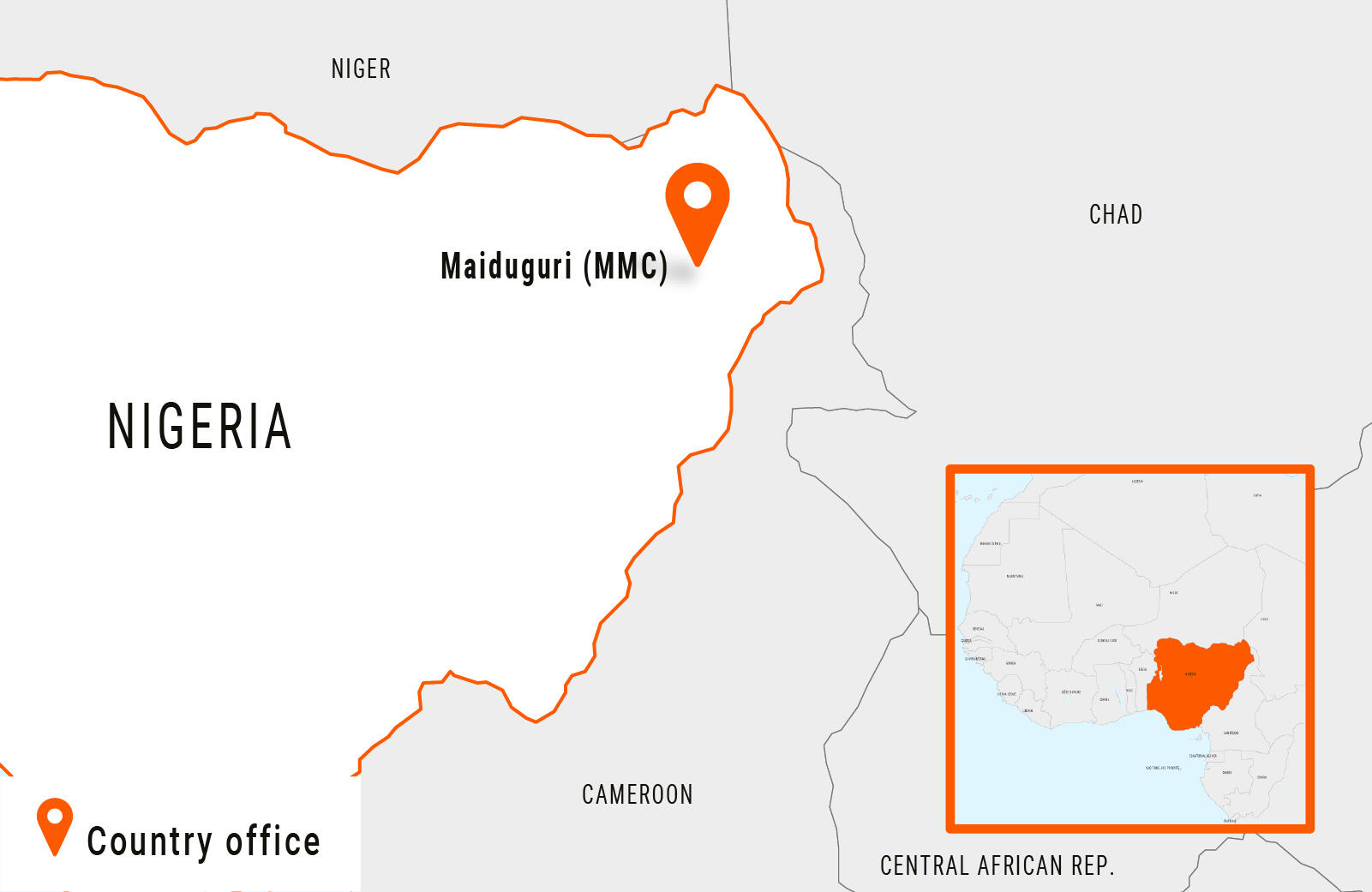
Our impact
In 2024, we assisted 393,957 people through our programmes in Nigeria:
-
37,871Education
-
60,070Livelihoods and food security
-
26,877Shelter and settlements
-
58,122Protection from violence
-
93,564Information, counselling and legal assistance
-
251,472Water, sanitation and hygiene
-
35,748Other activities
Note: some people received more than one type of assistance.



